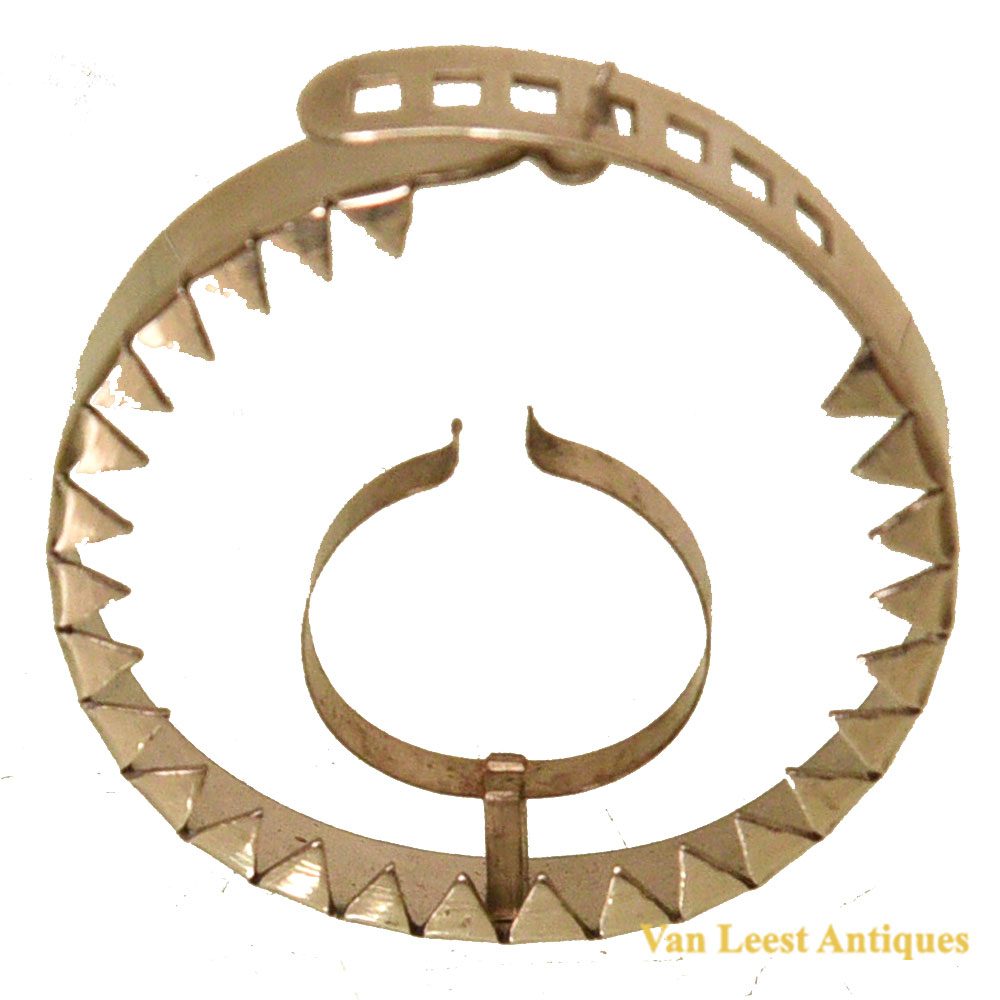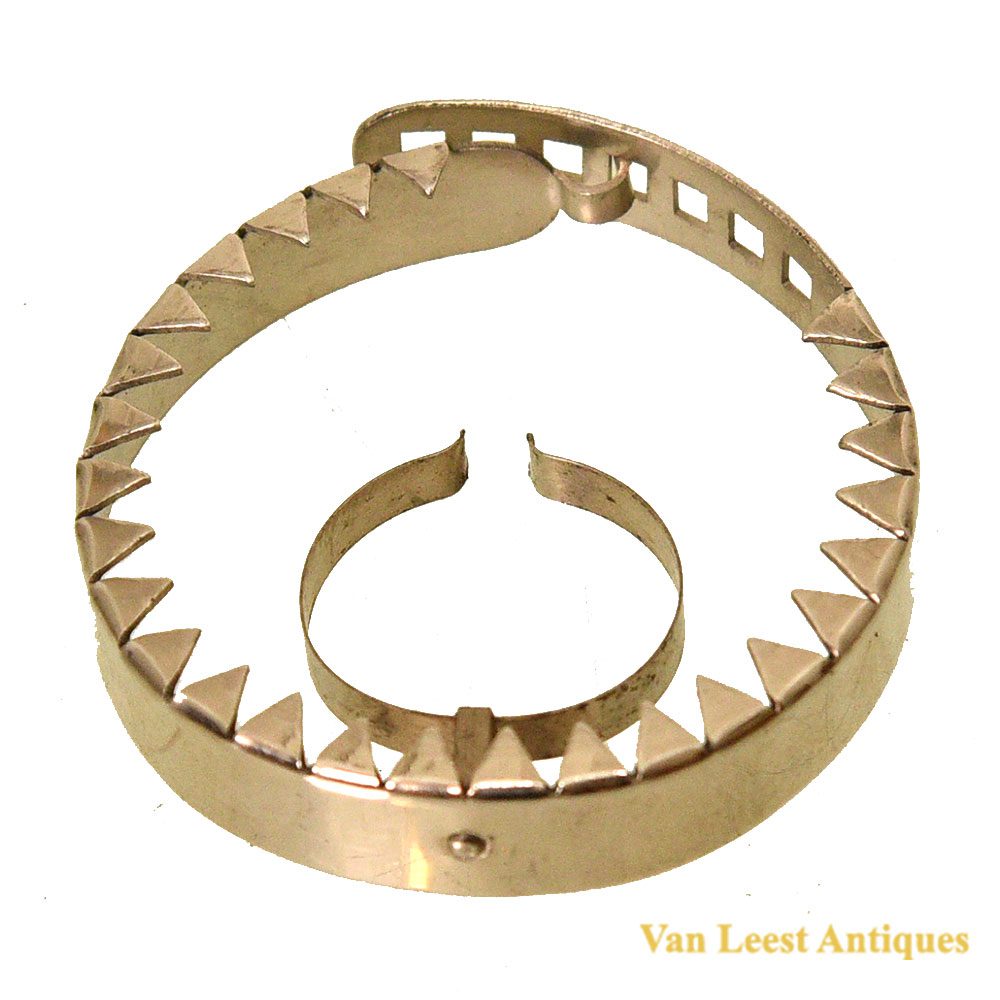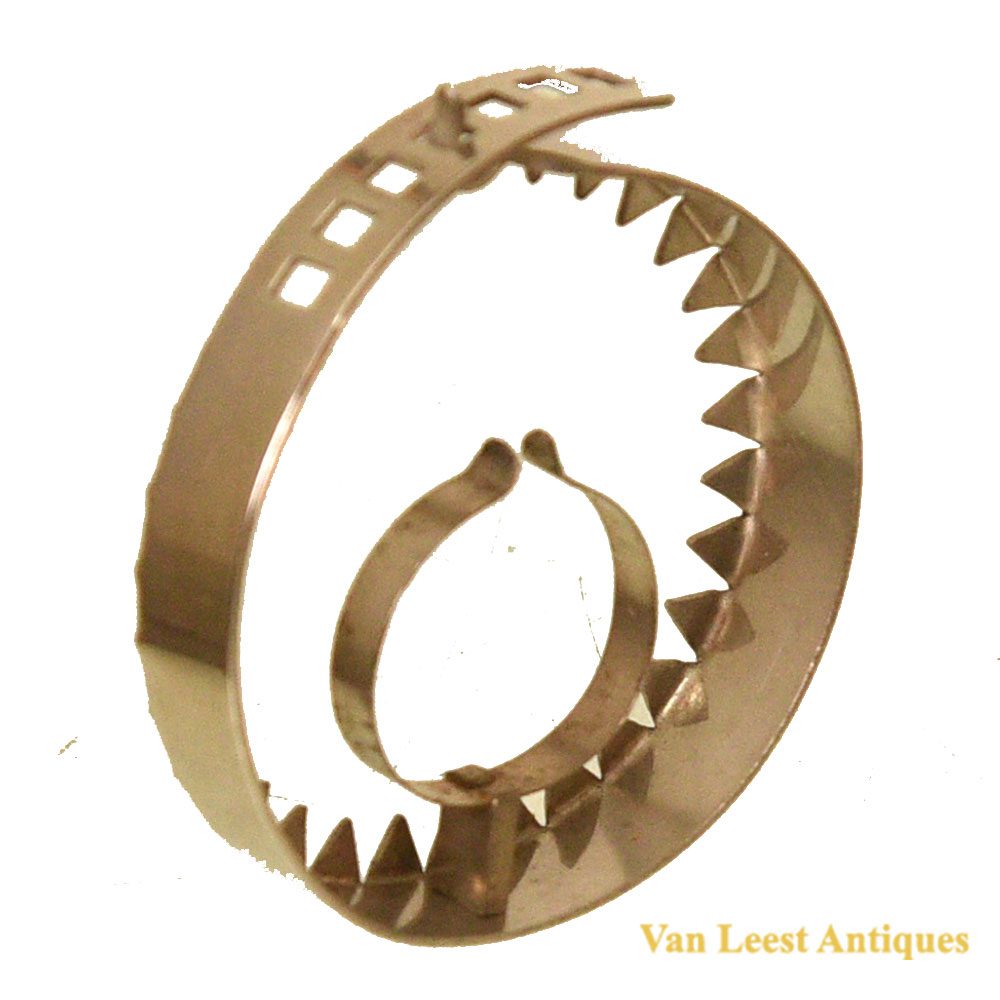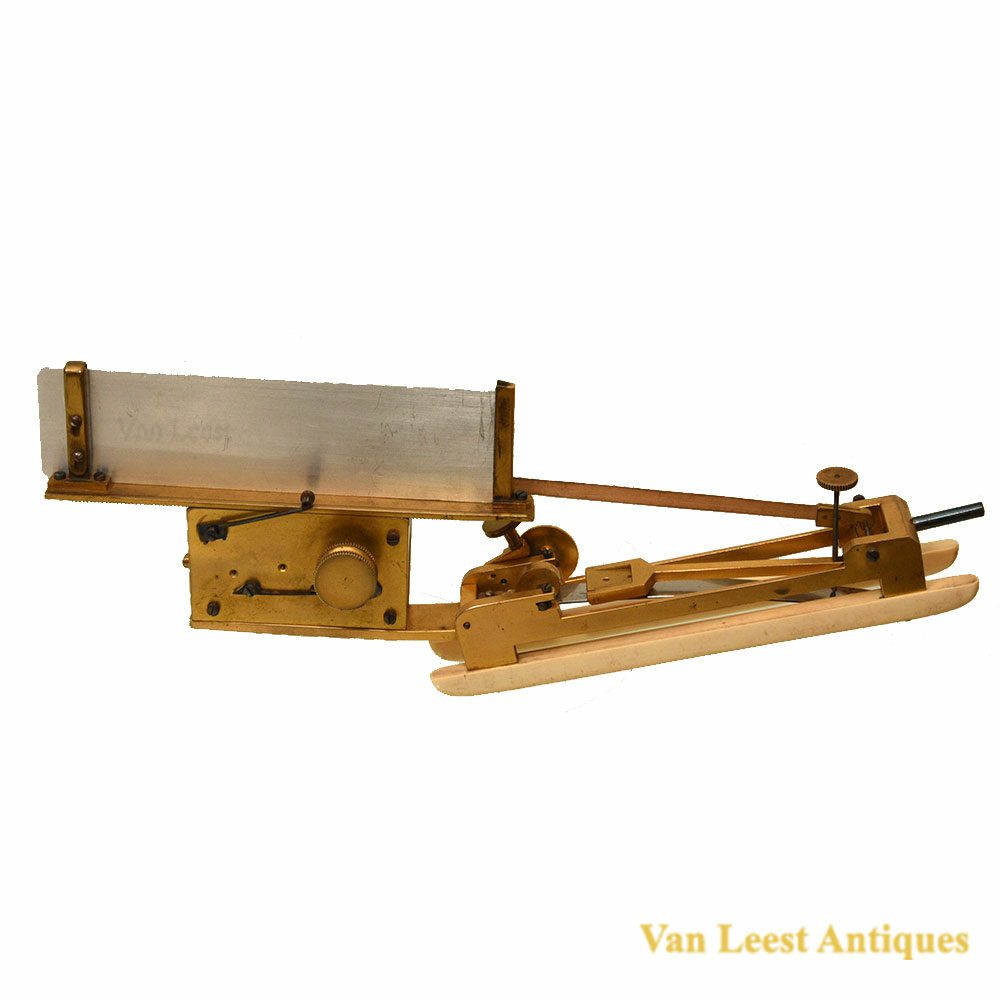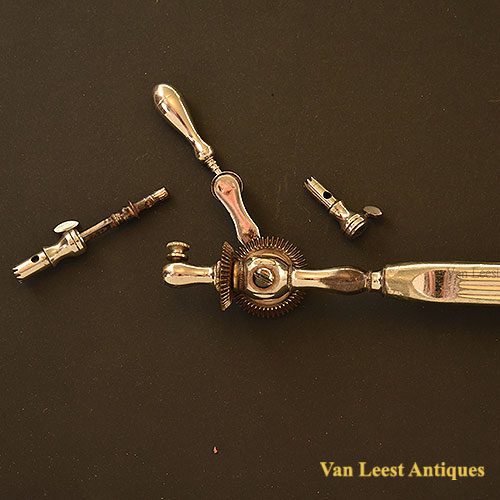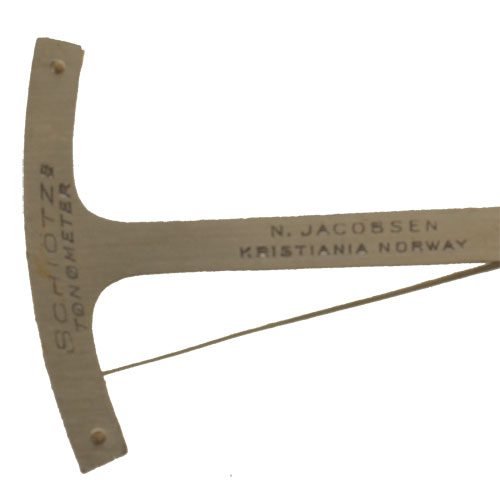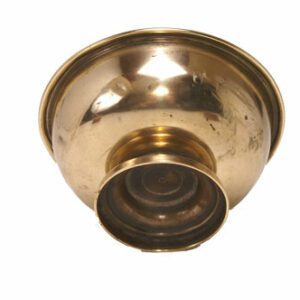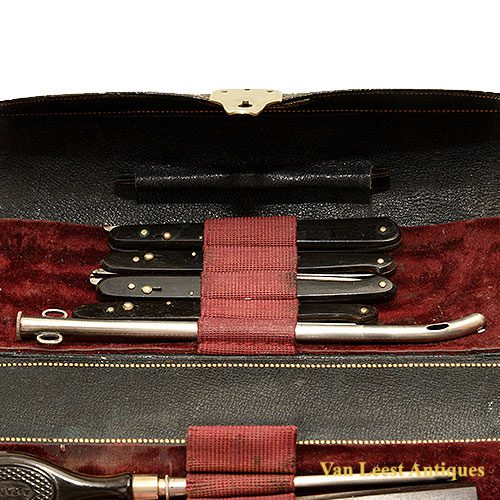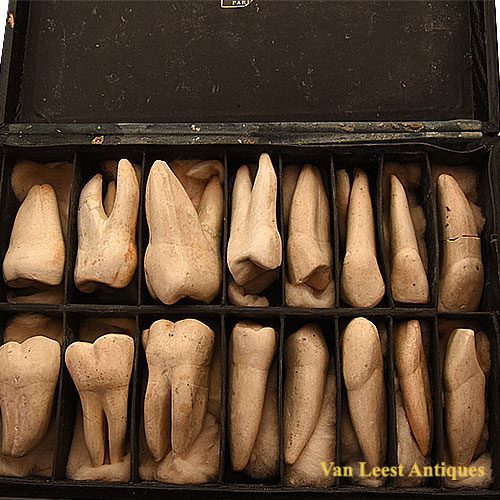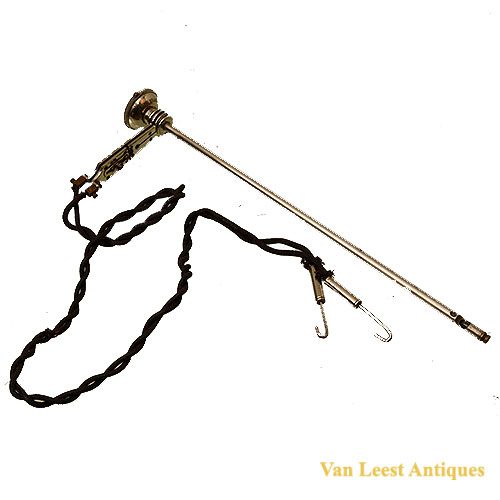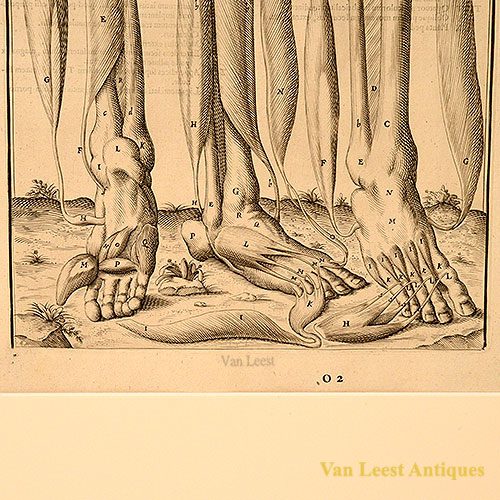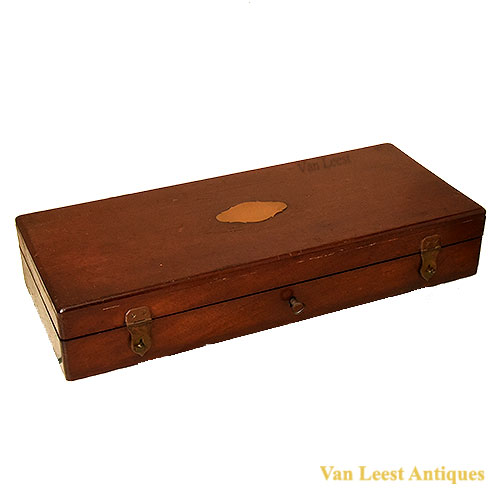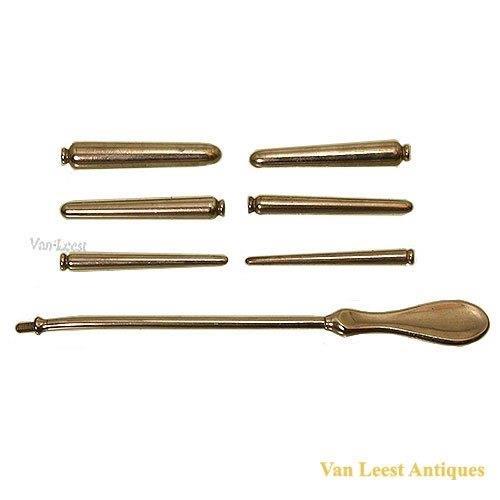German spermatorrhoea ring by Gustav Feix
Sold
Concern about the dangers of masturbation was not the sole remit of the Victorians, but was a commonly held belief throughout Europe. Such views were rife from the eighteenth century, through to the early 20th Century. Anti-onanism devices were intended to prevent activity which was considered amoral as well as being a wastage of bodily energy which would result in physical illness and debility.
A German spermatorrhoea ring by Gustav Feix fastened with a clip catch. Referred to as a ‘Pollutions-ring’ (English) a ‘Penis jugum’ (German), a ‘Compresseur uretral’ (French) and ‘Anillo para la esperma torreo, sencillo’ (Italian).
